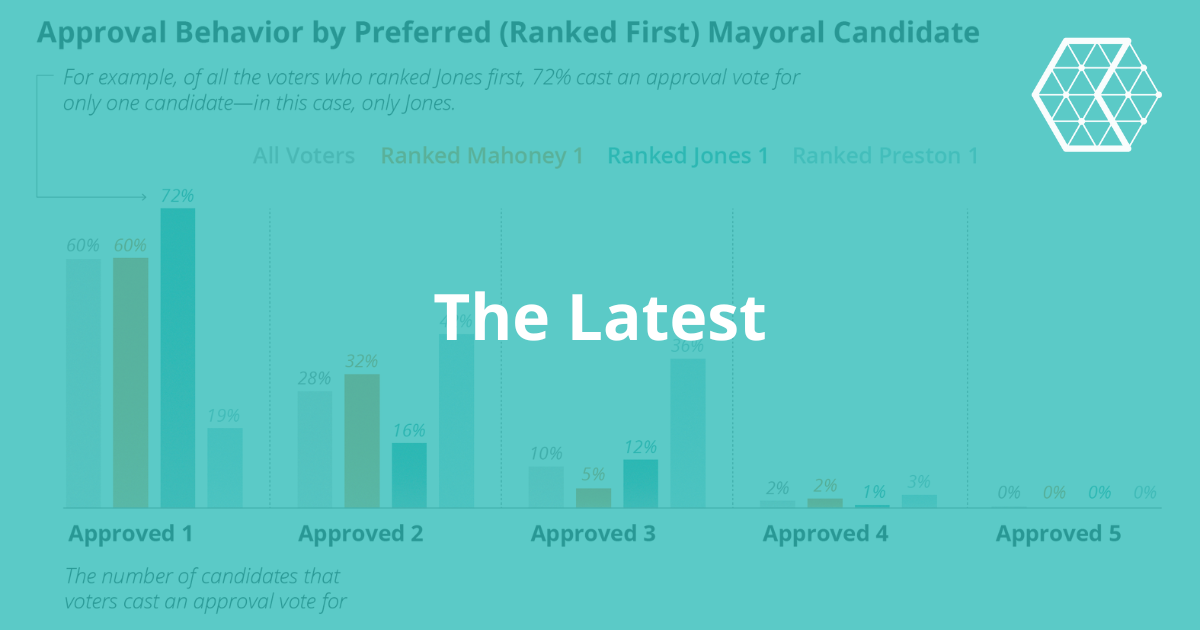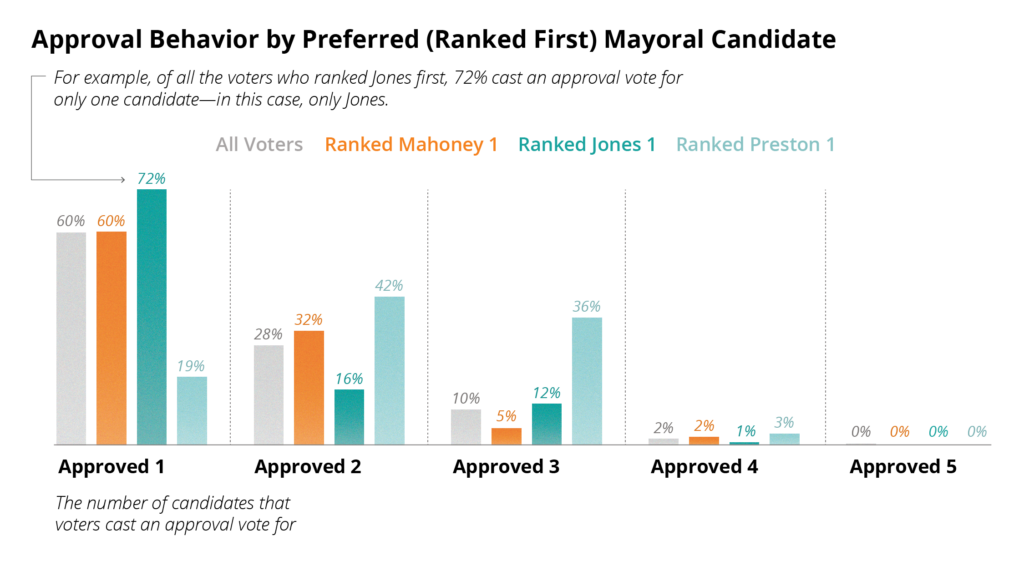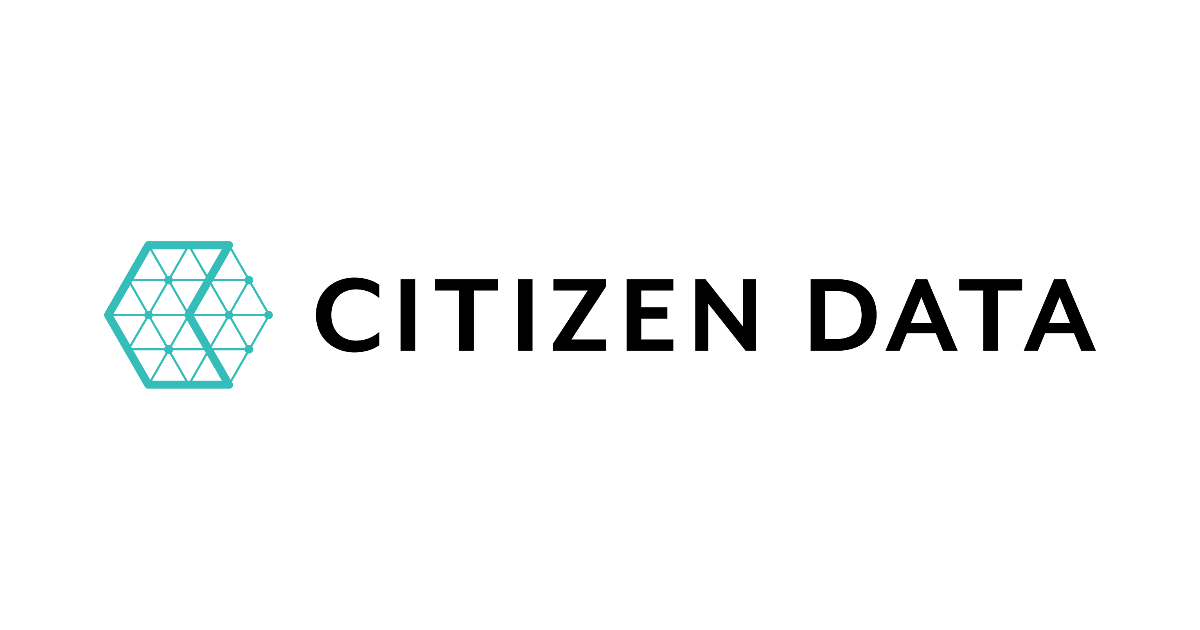Tracking Voter Support For Electoral Reforms October 21, 2022
Citizen’s democracy research tracks voter support for electoral reforms nationally and in key states.

Citizen’s democracy research tracks voter support for electoral reforms nationally and in key states, including backing for non-partisan primaries, ranked choice voting, and a top 4 or “Final Five” package solution similar to the set of reforms passed in 2020 in Alaska. Our goal is to identify and understand — on a detailed level — the base of support for these reforms and to help partners use polling results wedded with voter file analysis to inform their strategies moving forward.
Citizen Data conducted a poll from June 4–8, 2022, with a sample of 337 Fargo voters screened as eligible to vote in the 2022 Fargo Mayoral election. The goal was to examine opinions on the approval voting method used in the city’s upcoming June 14th election. The findings elevated key questions that warrant further research and identified preliminary opportunities for further education and persuasion.
Key Conclusions:
- Using different simulated voting methods to evaluate the mayoral race candidates — including approval voting and candidate feeling thermometers — we saw a high degree of internal consistency concerning candidate preferences. Essentially, Fargo voters expressing the most favorable views of candidate Tim Mahoney approved of him and ranked him first in simulations of those respective voting methods.

- More than half of respondents (60%) voted for just one candidate – meaning, even with seven candidates, most voters “approved” of only one.
- About 30% of Fargo voters responded that their planned use of approval voting would be strategic. These voters sought to either avoid weakening support for their most-preferred candidate by voting for just one candidate or to increase support for others besides their least-preferred candidate.
- One example is that supporters of candidate Shannon Roers Jones were more likely to vote for only her for this reason, despite being able to vote for more than one candidate.
- Fargo voters need more information about approval voting; only about 51% of voters could identify a correct definition for this voting modality. Only about 33% reported high familiarity with approval voting.
- Familiarity with approval voting was correlated with education: about 46% of those with graduate degrees said they were “very familiar” with it, compared to only about 26% of those with less than a bachelor’s degree.
Citizen Data will continue to study different election methods in practice. Given the challenges we face in having fair elections when more than two candidates run, we see it as extremely important to learn how voters engage with new methods – both in first uses like Fargo and over time.
Results have been weighted using party ID, education, age, and gender, and the margin of error is +/- 5.3%.
